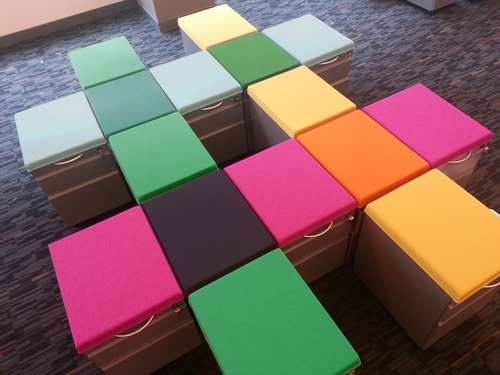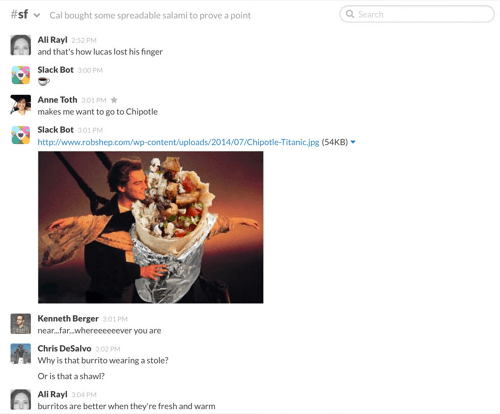
Slack, the workplace communications tool for group chats, will introduce a new feature for its Slack Plus tier of service on January 1—and employees may not like it very much.
Aimed at large companies, Plus has a new “Compliance Exports” feature that could chill any employee chatter: It allows your boss to view your Slack messages, including private direct messages to coworkers, as well as all versions of the messages you’ve edited.
See also: Inside Slack: How A Billion-Dollar Email-Killer Gets Work Done
Cutting Some Slack In Privacy
The official blog post and new privacy policy explicitly state that the feature is Slack’s way of responding to client businesses that are legally required to retain all employee communications on company time.
Fortunately, the blog post also offers a little relief for current users. Copmliance Exports is not retroactive, which means it will not apply to existing private conversations on Slack.

Furthermore, monitoring a conversation between two employees won’t be that easy for bosses. To acquire any particular part of a given communication, he or she will have to request a “data dump” of the whole Slack chatroom and then sift through everything to find it.
Anne Toth, Slack’s vice president of Policy & Compliance Strategy, told ReadWrite that the process will require both technical and human security measures to ensure only legitimate employers will be able to access the chat logs.
“This feature will not be turned on in Slack Plus by default,” she said. “Employers will have to go through a whole process to get it turned on. It’s all to make sure that the people who are requesting access are the right people to have access.”
Transparency Is Key
Toth emphasizes access will only extend to enterprise users of Slack Plus, and that its primary purpose is to help companies comply with legal obligations, not turn Slack into a surveillance tool.
She also claims the changes will apply to a small percentage of users. However, since the feature hasn’t actually launched yet, there’s no telling how many people it may actually affect.
“We’ve done a lot to be as transparent as possible, even given this feature probably won’t impact most of our users,” she said. “I knew that, because of our position in the spotlight, Slack was going to be scrutinized for privacy changes. I think it behooves you to be really transparent so people don’t jump to conclusions.”
Slack has already been scrutinized for how it addresses user privacy, after some users discovered that anyone with a Slack chatroom link can view the name of the chatroom. Toth said the feature did not reveal anyone’s private information, but Slack removed the feature anyway after users complained.
Photo by Owen Thomas for ReadWrite

















